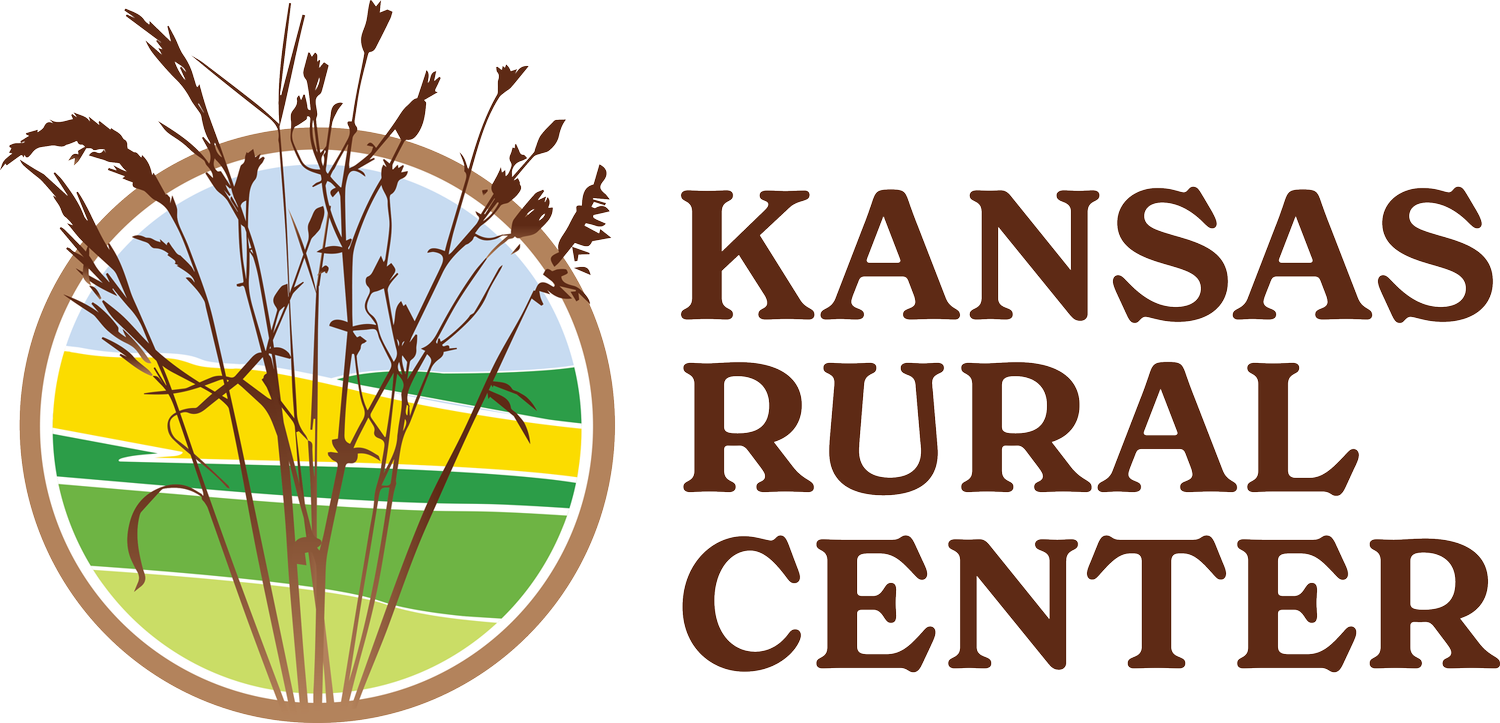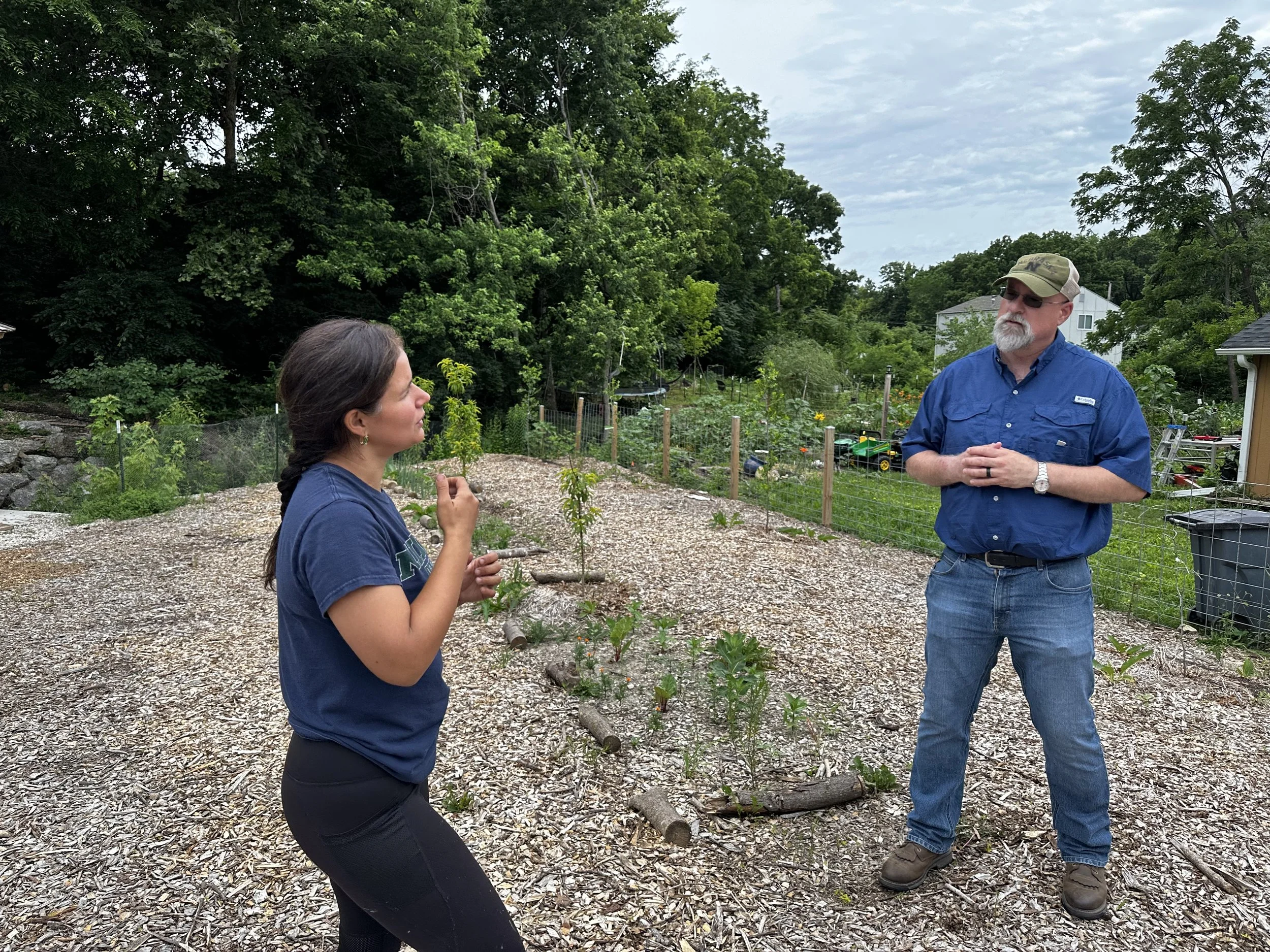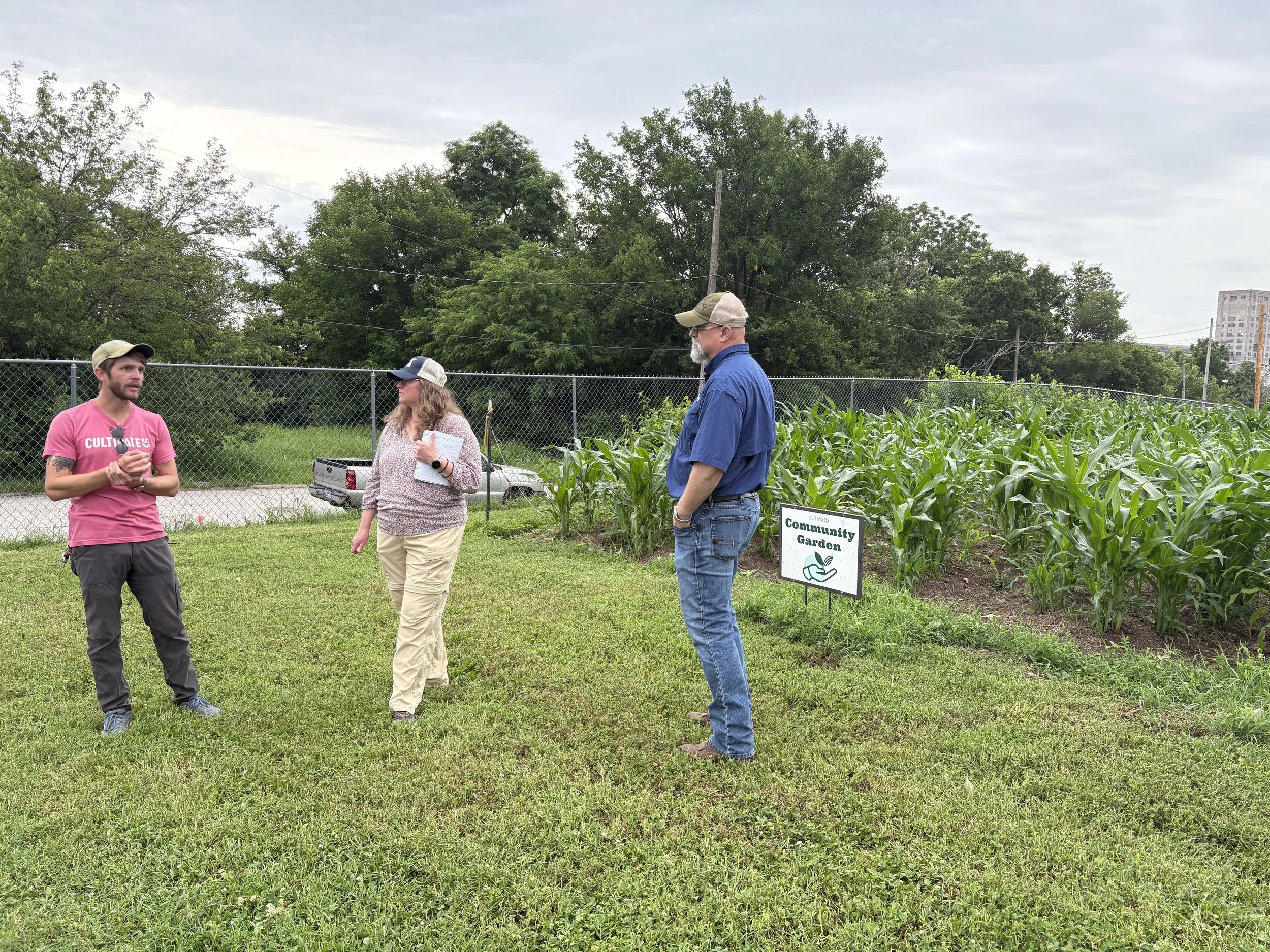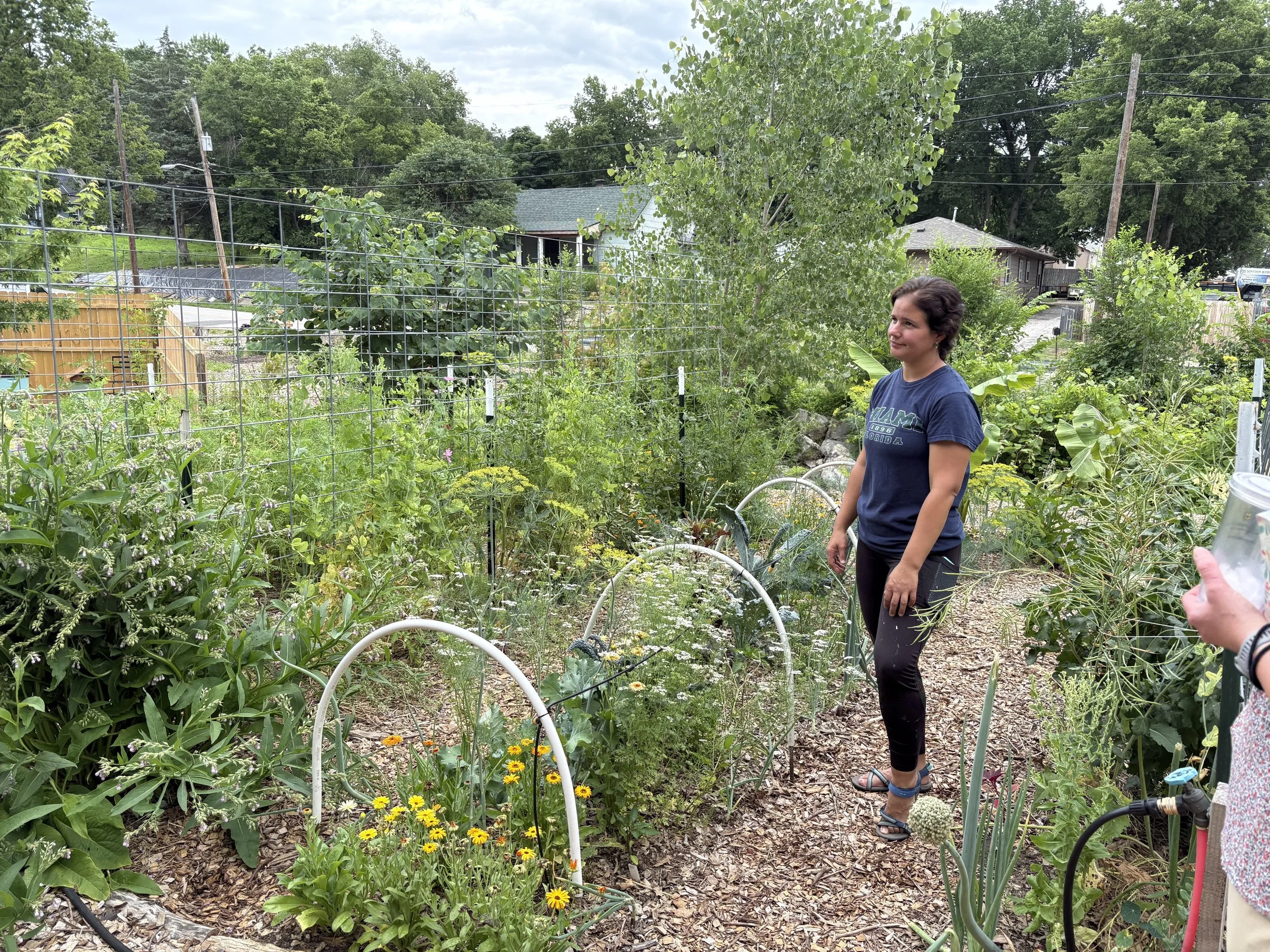NRCS - EQIP and KRC’s Work with the Midwest AgConservation Network Pilot Project
As some of you know, in February I was offered and accepted an opportunity to serve as KRC’s Conservation Outreach Coordinator for a pilot project called the Midwest Agriculture Conservation Network (MACN), which began last fall. This project is supported by the California Climate and Agriculture Network (CalCAN), a coalition that advances state and federal policy to catalyze the powerful climate solutions offered by sustainable and organic agriculture. Part of the reason it was launched was in response to a March 2023 report, “Still Closed Out…” written by Michael Happ of the Institute for Agriculture & Trade Policy.
The project builds on the success and methods of the National Healthy Soils Policy Network (formed by CalCAN in 2018) which is a 33-state community of practice seeking to advance state healthy soils policies and programs. CalCAN is starting in the Midwest, a region that disproportionately leads in agricultural emissions and where agriculture is a bellwether for the rest of the country. Innovating for change there will be a powerful demonstration of the possibilities for making a transition to climate resilience across the sector and around the country. The first five states in the cohort are Kansas, Missouri, Iowa, Wisconsin and Minnesota.
It has been incredibly interesting to work with CalCAN and the other farmer-serving and rural support organizations in the other states, to promote and facilitate conservation among smaller scale, diversified, organic, regenerative and underserved producers. We are all working towards reaching a larger, more diverse base of farmers and ranchers, to increase access for small to mid-scale and underserved farmers to USDA’s agricultural conservation programming available through the Natural Resources Conservation Service (NRCS). Initially established as the Soil Conservation Service (SCS) in 1935, it was a direct response to the devastating Dust Bowl era. The agency evolved from focusing solely on soil to encompass a broader range of natural resources, eventually becoming the NRCS in 1994.
The program we are currently striving to help growers and NRCS with the most is the Environmental Quality Incentive Program, or EQIP, which focuses on cost-sharing and Technical Assistance (TA) for new or improved conservation practices on a targeted basis to address resource concerns. Categories of resource concerns are:
Soils Quality Limitations (erosion, compaction, aggregate instability, organic matter depletion and concentration of salts or other chemicals)
Degraded Plant Condition (plant productivity, health, plant structure, composition)
Terrestrial Habitat (terrestrial habitat for wildlife and invertebrates)
Inefficient Energy Use (energy efficiency of equipment and facilities and energy efficiency of farming/ranching practices and field operations)
An EQIP application can be submitted for cost-share on the cost of one or more conservation practices. Every practice has a value set annually, first nationally, then adjusted by states. Conservation practices vary by state. Here is a list for Kansas with payment rates for FY 2025 (different rates may apply to FY 2026, which begins Oct. 1). bit.ly/rp25-nrcsks-rates
I am deeply committed to this critical work! Personally, I’ve had three EQIP contracts spanning from 2009 to 2023. Two were for Brush Management and Grassland Conservation on Rangeland in Wabaunsee County. Both contracts were for the removal of invasive woodie species to address the Resource Concern of Plant Pest Pressure, to help the native grass thrive. The third EQIP contract also addressed Plant Pest Pressure, but it was on my certified organic crop ground in Shawnee County for the summer grazing of a noxious weed, Johnson Grass.
Many growers across the state have utilized EQIP reimbursement for the purchase and installation of high tunnels, also known as hoop houses. The purchase of kits that meet NRCS specs is a requirement.
During recent urban farm visits in Kansas City, KS (KCK) and Kansas City, MO, I saw two high tunnels that were funded via EQIP. One was at Juniper Gardens Training Farm which hosts the New Roots program, a four-year training program that supports new Americans with agricultural experience to become independent farmers.
The other high tunnel was at Woodland City Farm in the Ivanhoe Neighborhood, KC, MO. Low tunnels are also commonly supported by EQIP, with an allowed maximum height of four feet. Susan Welsh of Grasshopper Urban Farm in KCK has a recently approved EQIP contract for low tunnel installation in addition to a compost facility.
Maple Creek Urban Farm, also in KCK, was another farm we visited where EQIP practices were explored for a future high tunnel, water filtration and raised beds, which if brownfield testing reveals soil contaminants, a resource concern, the raised beds would have a better chance for funding. The State Urban & Non-Traditional Conservationist, Tim Miller, explained EQIP requirements for a future high tunnel, and discussed water pressure issues and the future purchase of water filters with the owner/operator, Sandra Machin.
The reason for these KC farm visits is to plan for a producer-focused Farm Tour on October 6, to highlight growers’ resource concerns, with the goal of learning more about EQIP. My counterpart at the Missouri Rural Crisis Center, Jill Lucht, and I are coordinating this exciting event! Presenters will include Neil Rudisill, Kansas City Urban County Executive Director for the Farm Service Agency and Susan Welsh, who will talk about the planned compost facility she is working to get implemented with Tim McCoy, NRCS District Conservationist. KC Farm School and Juniper Gardens have agreed to host on the KS side, with Longfellow Community Garden and Young Family Farm in MO.
NRCS applications may lead to technical and financial assistance. They also demonstrate the need for continued conservation-focused funding. The first step is to get a Farm Number at your County Farm Service Agency (FSA) office, which is usually next door to the NRCS office. bit.ly/rp25-farmnumber
Once a producer connects with an NRCS agent and a Resource Concern(s) is identified, planning with NRCS includes a site/field visit (before or after application). Before signing a contract, producers should understand the payment rates, cost-share amounts, timeframes, etc. Advance payments can be made to Historically Underserved (HU) with a spending due date and proof of purchases. HU Groups are:
Beginning Farmer or Rancher
Limited Resource Farmer or Rancher
Socially Disadvantaged Farmer or Rancher
Veteran Farmer or Rancher
Definitions of these groups can be found at: bit.ly/rp25-nrcsgroups
For those who are transitioning to organic production or are currently certified organic, EQIP’s Organic Management Practice #823 is an additional funding opportunity. The Organic Farmers Association has a simplified YouTube webinar found at: https://youtu.be/K_PYy8iMrlk
For more on organic transition information, Kansas is part of the Plains region of Transition to Organic Partnership Program, or TOPP which offers Resources, Technical Assistance and Mentorship. www.organictransition.org/region/plains/
For many types of non-traditional land management, KRC has developed a Farmer-to Farmer mentorship program. This new opportunity is part of the Midwest Agriculture Conservation Network, so mentors are required to demonstrate a commitment to conservation driven farming practices along with experience navigating NRCS conservation application and implementation process. Examples of 170+ EQIP practices include:
· Cover Crop (340)
· Access Control (472)
· Windbreak Establishment (325)
· Silvopasture (381)
· Energy Efficient Ag. Operation (374)
For a deeper dive into EQIP opportunities, view the recording of September’s Views From the Field here: bit.ly/krc925-vff Passcode: w5vHP^%a. Tim McCoy, NRCS District Conservationist provided insight, and Neil Rudisill, Kansas City Urban County
Executive Director, USDA-FSA briefed on the why and how of getting a farm number.
Here are the “top,” or most common practices according to the selected metric: bit.ly/rp25-eqip-practices
Here is a very brief EQIP Summary video: bit.ly/rp25-eqipsummary
Please don’t hesitate to contact me with questions! Jackie@kansasruralcenter.org
Ben Carpenter explains future plans for Juniper Garden’s EQIP funded hoophouse to Tim Miller and me, Jackie Keller, KRC.
Sandra talking to the State Urban & Non-Traditional Conservationist, Tim Miller, about this future site for an orchard or raised beds.
Ben Carpenter, the Juniper Gardens Training Farm Program Manager describes management of 72 species on 9 acres in KCK to Jill Lucht, Mo Rural Crisis Center, and the State Urban & Non-Traditional Conservationist, Tim Miller who informed on EQIP details and answered questions.
Owner/operator of Maple Creek Urban Farm, Sandra Machin with her low tunnel hoops.
Article by Jackie Keller







